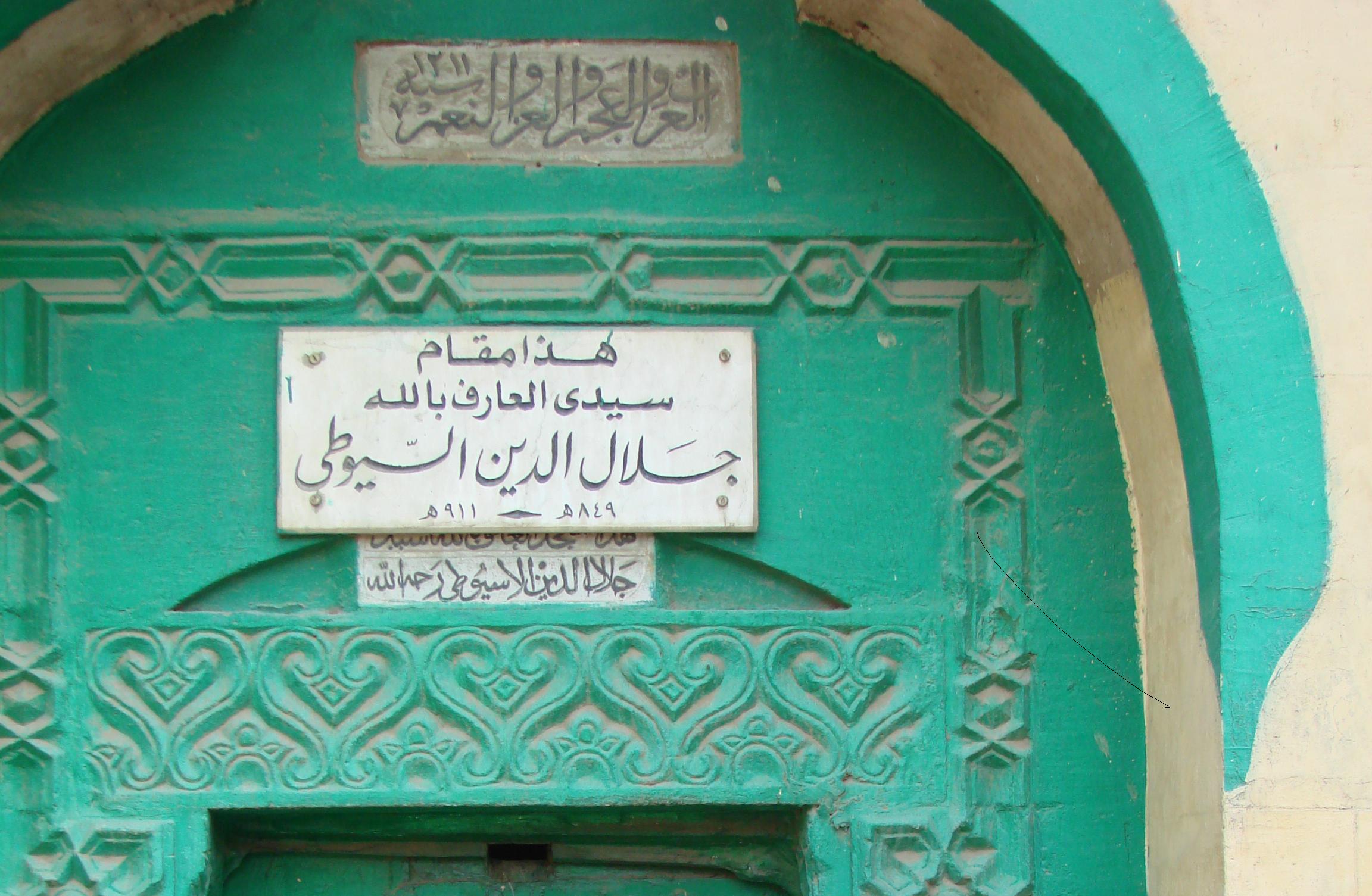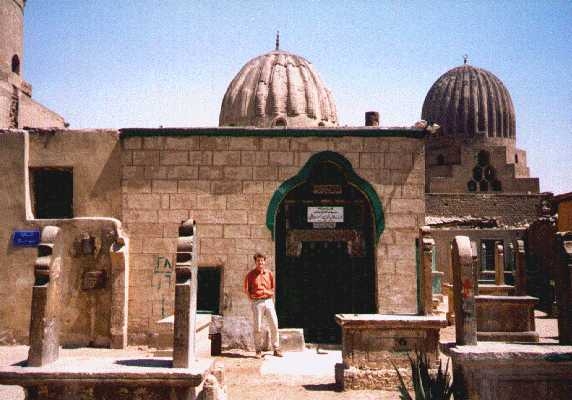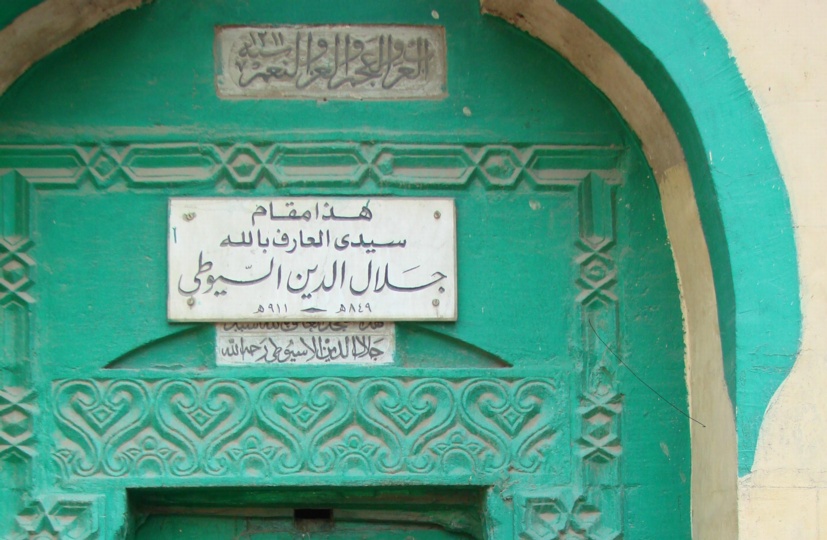Bio: Imam Al-Suyuti | الإمام جلال الدين السيوطي
Imam al-Suyuti
الإمام الحافظ عبد الرحمن بن أبي بكر بن محمد جلال الدين السيوطيb. 849 in Cairo - d. 911 H. in Cairo
﷽
radiya Allah ‘anhu
Considered the Mujtahid and Mujaddid of the Islamic 10th century. Foremost leading muhaddith (hadith master), mufassir (Qu’ran exegete), faqīh (jurist), usuli (legal theorist), sufi (mystic), theologian, grammarian, linguist, rhetorician, philologist, lexicographer and historian, who authored works in virtually every Islamic science. For this reason, he was honoured one of the most prestigious and rarest titles; Shaykh al-Islām.
English
Biography by gfh (View on damas bios)
wiki
Imam Jalal al-Din al-Misri al-Suyuti al-Shafi`i al-Ash`ari, also known as Ibn al-Asyuti (849-911AH /1445-1505),, the mujtahid imam and renewer of the tenth Islamic century, foremost hadith master, encyclopedist, historian, and biographer and probably one of the most prolific of all Islamic writers. There are an enormous number of his essays and treatises preserved today. A number of his writings concerned scientific topics or issues related to natural science and food and regimen, amongst other things.
From Asyut in Egypt,he was among the most renowned and prolific Muslim scholars of all time. He wrote more than 300 books, covering every aspect of the Islamic sciences. He memorized the Qur’an at the age of ‘eight, and then went on to study with more than 150 scholars. He travelled extensively in his quest for knowledge — to Damascus, Hijaz, Yemen, India, Morocco, and the lands south of Morocco, as well as in Egypt.
Al-Suyuti devoted his life to learning, teaching and writing. He was noble, abstinent and self-sufficient, distancing himself from people of rank and power and living on what he earned by teaching. Major writings of al-Suyuti that remain widely used today include al-Itqan, on the Qur’anic sciences; and Tafsir al-Jalalayn, which he completed when only 22.
Français
عربي
Burial Place
- Ziyara 2007, Photo: Sh. Ahmad Darwish
- Ziyara 2007, Photo: Sh. Ahmad Darwish


